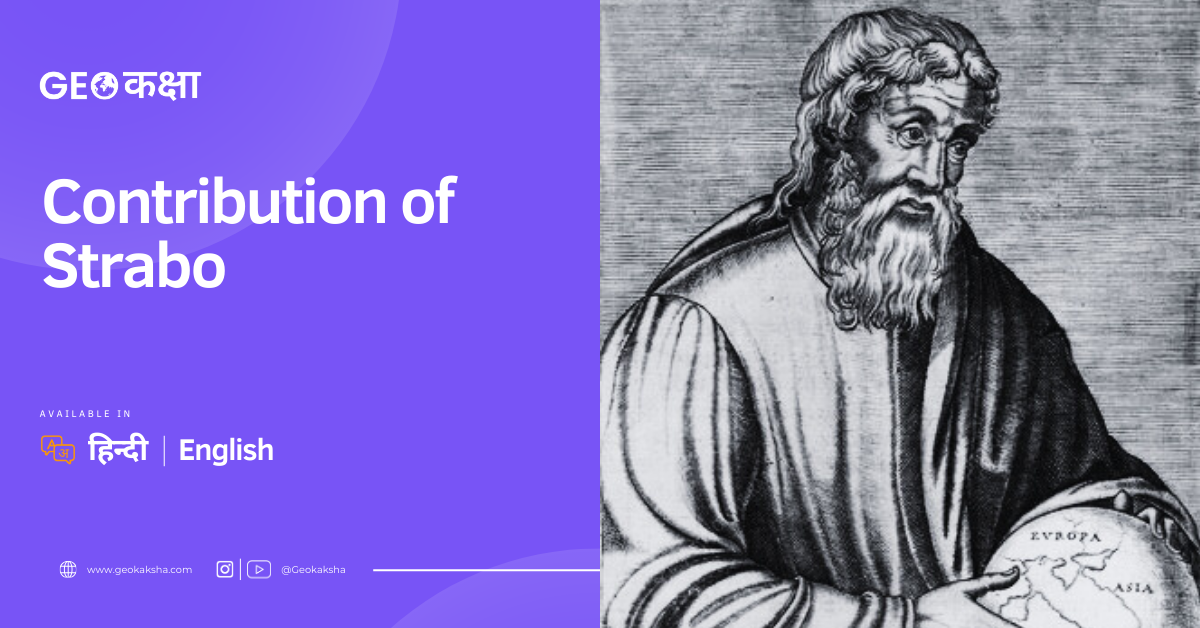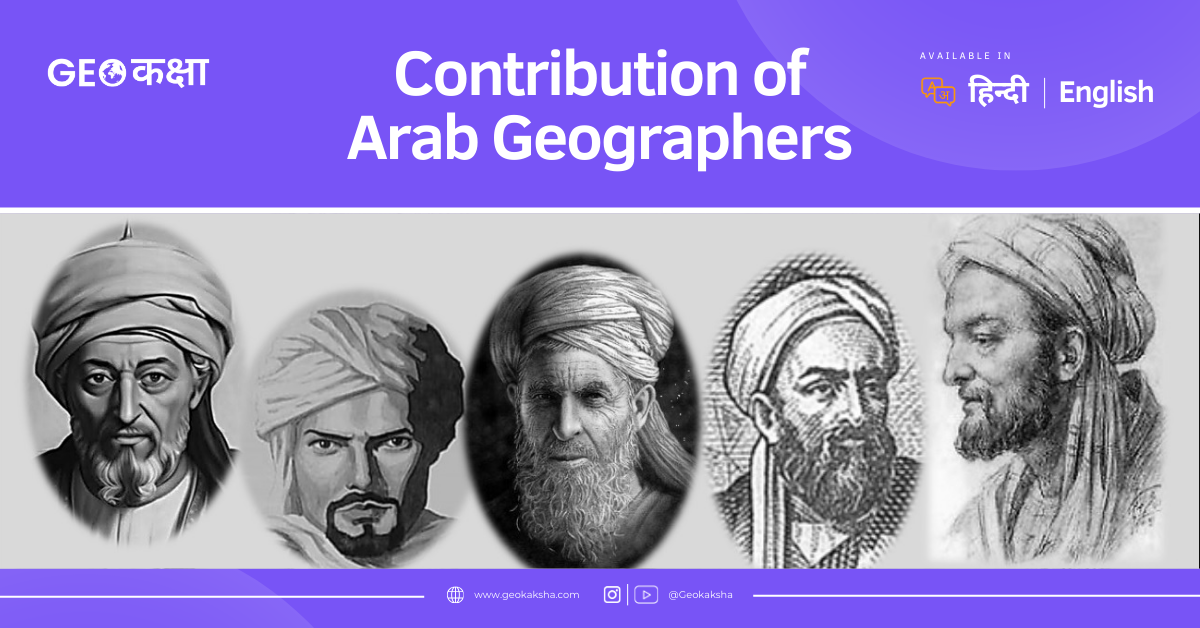Introduction
Ptolemy, also known as Claudius Ptolemaeus, was a prominent figure in the field of geography during the 2nd century AD. He was a Greco-Roman mathematician, astronomer, geographer, and astrologer whose works significantly influenced the understanding of the Earth's geography and its place in the cosmos.
Table of Contents
Area of Work
Ptolemy's primary area of work lay in geography, where he sought to map the known world of his time. His efforts were instrumental in advancing the understanding of cartography and geographical representation.
Specialization
Ptolemy specialized in creating maps and developing geographical theories based on his astronomical observations and mathematical calculations. He sought to create a comprehensive model of the Earth's surface that would accurately represent its features and locations.
Significant Contribution
His most significant contribution was the development of the concept of longitude and latitude (coordinates), which revolutionized navigation and mapmaking. Ptolemy's work laid the foundation for future explorations and the accurate mapping of the world.
Major Works
Ptolemy's most famous work is "Geographia," a treatise on cartography and geography that compiled knowledge from various sources to create maps of the known world. Another notable work is his "Almagest," which primarily focuses on astronomy but also contains significant geographical information. These works served as essential references for scholars for centuries, shaping the development of geography and navigation.











